Find My Experience
At Clemson, students have a myriad of opportunities to participate in Experiential Learning (ExL). From conducting hands-on research in labs across South Carolina to traveling abroad and taking on professional roles, explore different types of experiential learning opportunities to help plan yours today.
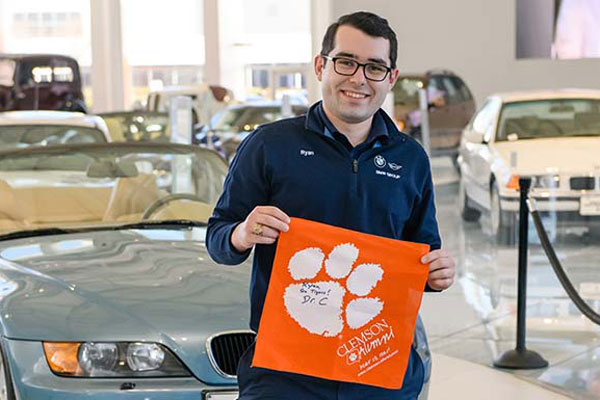
Workplace Learning
Through workplace learning, you can take part in professional experiences related to your major or academic interest area. You can choose from paid positions on campus or in external companies that range from one semester to a full year.
Workplace Learning Examples
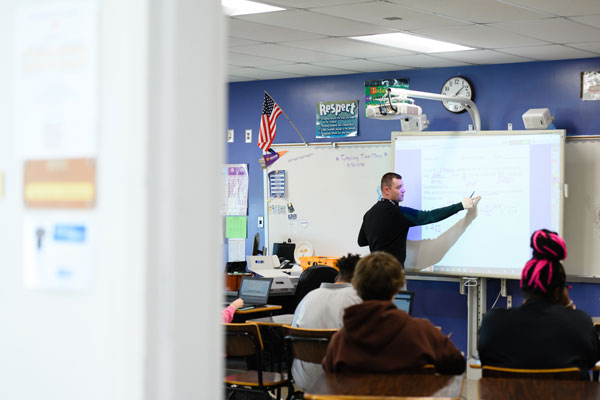
Student-Peer Teaching
Through student and peer teaching, you can practice teaching methods in a classroom setting, lead peer-to-peer teaching sessions, provide resources and create supplementary study materials for student learners ranging from kindergarten to college.
Academic Success Center Offerings
Student-Peer Teaching Examples

Student Research
From mass timber to microbe diversity in coastal ecosystems and even genetics, Clemson students dive into research projects as early as their first year. Their work with industry partners in labs, fields and hospitals across South Carolina connects students with employers while providing access for industry partners to the powerful resources available at Clemson.
Hands-on Research Opportunities
Student Research Examples
- Sustainable forestry
- Human-centered AI
- Social media listening
- Automotive engineering
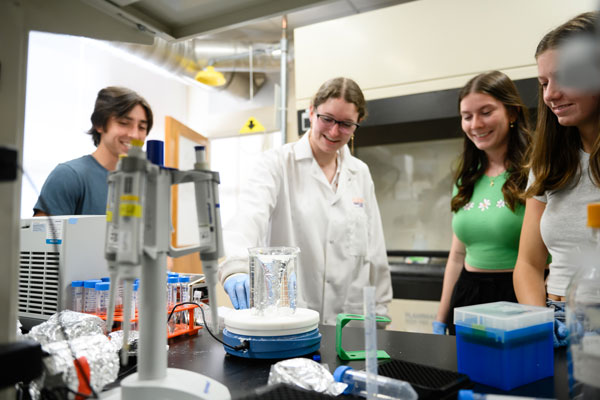
Creative Inquiry
Creative Inquiry (CI) combines ExL, cross-disciplinary teams and undergraduate research in one project-based class. Through approximately 400 projects each year, instructor mentors guide teams of undergraduate students to accomplish investigative projects in varying areas. Each project has defined student learning objectives and guides undergraduates to produce citable accomplishments like peer-reviewed publications, presentations at professional conferences, performances and awards.
Creative Inquiry projects may include
- Service learning
- Community outreach
- Technical and strategic innovation
- Entrepreneurship
- International Exchanges
- And more!
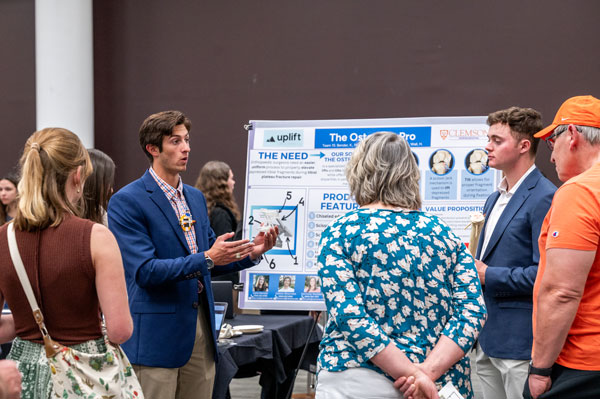
Capstones
In capstone courses, you are challenged to integrate and synthesize knowledge and skills you gained through your program curriculum. Not every major includes a capstone, so check your academic catalog to see if you will have this type of learning experience.
Capstone projects may include
- A research paper
- A performance
- A Verbal presentation
- A portfolio of “best work”
- An exhibition of artwork

Creative Practice
Through creative practice, you can apply foreground creative expression and develop your artistic technique through hands-on activities in a variety of disciplines. Students at Clemson produce artifacts, performance and creative writing pieces through this type of ExL.
Creative practice may include
- Visual arts
- Design studios
- Workshops
- Individual work to develop a final product
- Group work to develop a final product
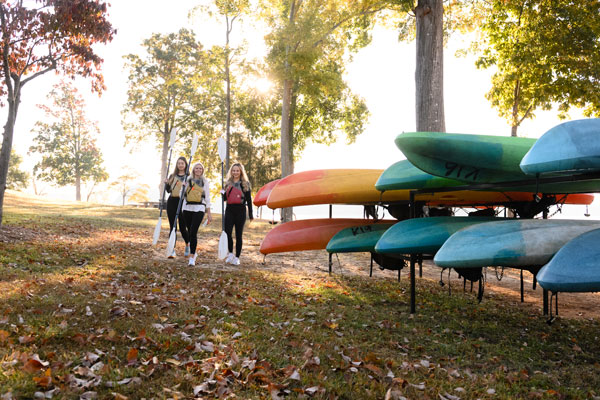
Leisure Skill Courses
Leisure skill courses are a great way to learn a new skill or practice while making degree progress. One of the special benefits to being a Clemson student is having access to more than 150 one-hour leisure skill courses where you can learn something totally new from a skilled instructor within the timeframe of your normal schedule.
Leisure skill course examples
- Yoga
- Pilates
- Riflery
- Archery
- Kayaking
- Fly fishing
- Scuba diving
- And so much more!

Service or Client-Based Learning
Through service or client-based learning, you can apply classroom knowledge and skills through partnership with real businesses, organizations and people who need your help. Your instructor will guide you through the process over the course of a semester, and then you’ll complete a structured reflective thinking activity to reinforce what you learned.
Service and Client-based learning examples
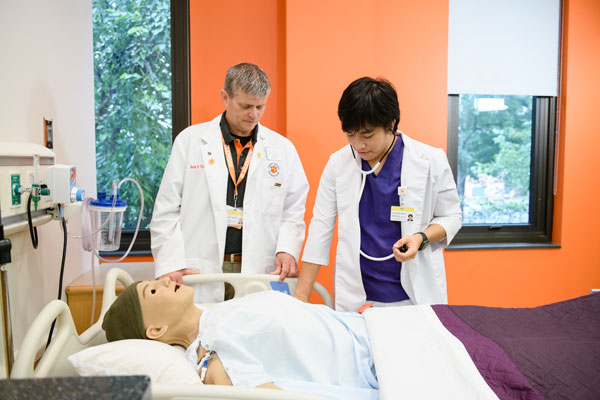
Simulations
Through simulations, you will be tasked with applying classroom concepts in controlled environments through replicated and/or virtual “real-life” scenarios. Acting out what you learn as if it is real creates a connection between theory and practice that solidifies complex ideas and inspires you to discover new solutions.
Simulation examples
- Case studies
- Teaching labs
- Entrepreneurial classes
- Sales demonstrations
- Patient simulations
- Practical simulations
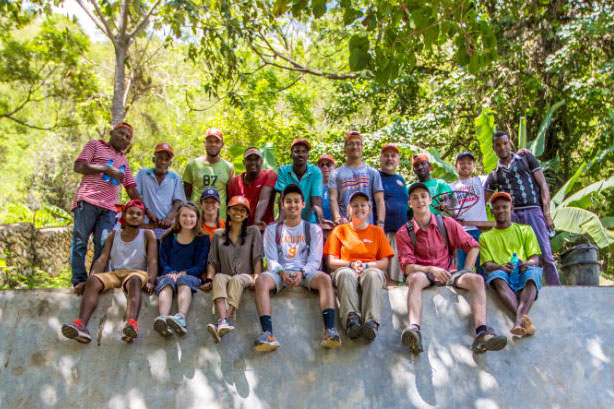
International Education
You can earn course credit in an international program for various experiential activities. Study abroad isn’t restricted to classroom experiences in a different country.
See Study Abroad Opportunities
International education examples
- Field studies abroad
- International internships
- Service learning trips
- Research and courses that engage global communities, institutions and environments
